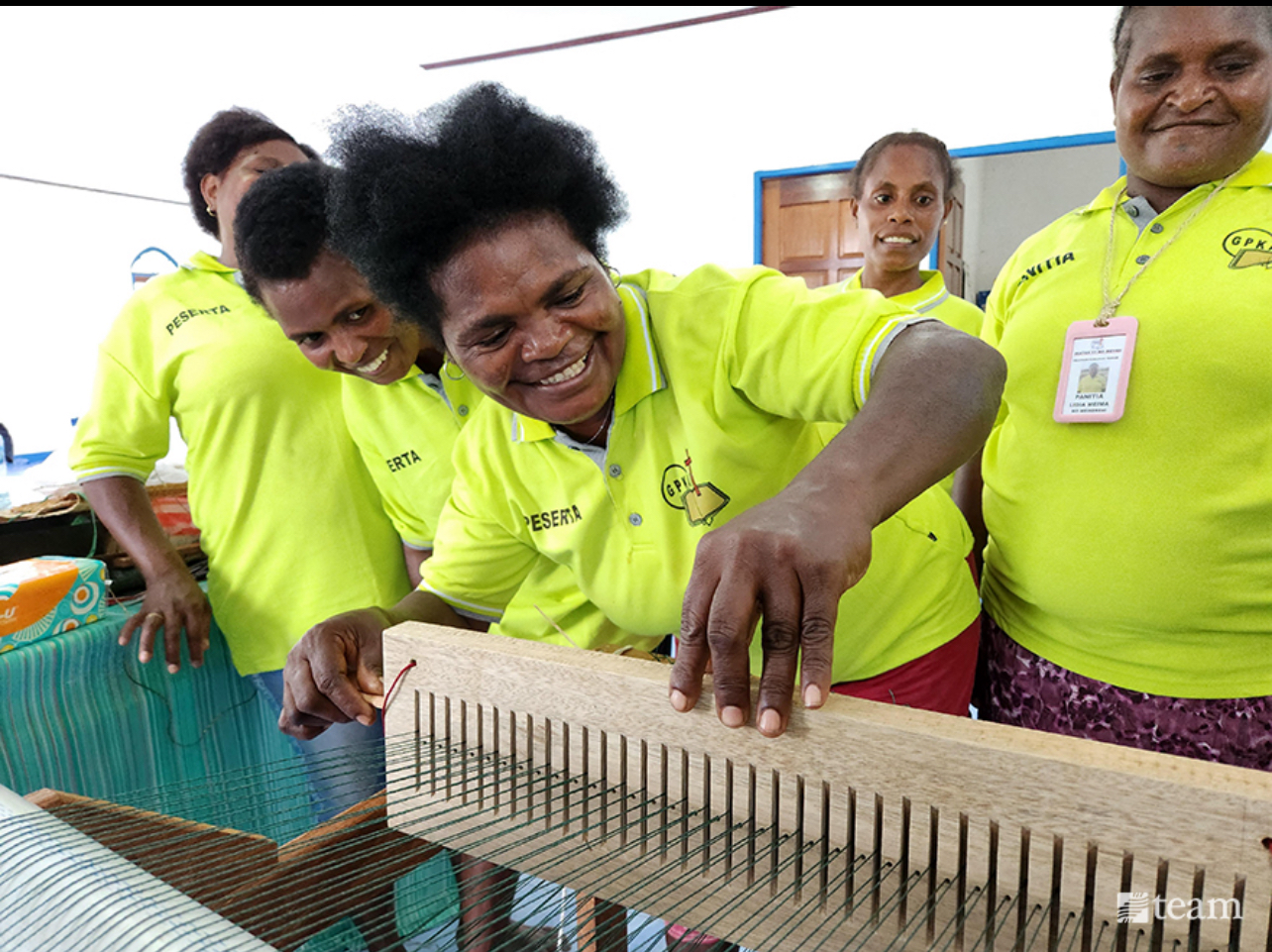
Prayer Focus
How to Pray for Missionary Teachers During COVID-19
September 1, 2020
by Mark Watson

With schools back in gear (both online and in-person), now is a great time to pray for cross-cultural teachers and their students. With this new world we’re in, people have been making some tough decisions.
Administrators had to decide how to provide good educations while keeping everyone safe — and that doesn’t look the same everywhere. Teachers are working to create quality experiences online and through social distancing. And many students are filled with fear of catching COVID-19.
In times like these, the best thing we can do for missionary-teachers and the children they serve is pray. Keep reading to see specific ways you can pray with us for missionary teachers this month. And be sure to pray these requests for the teachers you know at home!
1. Pray for wisdom as educators teach online and in the classroom.

Teachers everywhere are having to get creative as they encourage and equip students from a distance. They need wisdom to make strong connections with students.
No one knows exactly how to make education work best in a global pandemic. While some countries are eager to reopen schools, others don’t anticipate face-to-face education until 2021. Many schools have moved online — some with live classes and others with pre-recorded videos.
Teachers are still learning how best to teach online, which they may never have done before this year. On top of that, many are still teaching in-person as well as online. It’s uncharted territory, and teachers need God to guide them through it.
Ask God to guide school leaders as they monitor their schools and make tough decisions. Ask God to help teachers make strong connections with students, even from a distance.
2. Pray that students and teachers will stay healthy — physically and mentally.

COVID-19 isn’t the only threat students face this year. Pray for peace in their hearts as they walk through a world of anxiety and financial troubles.
Health and safety are big concerns for students meeting in person. But physical protection from the virus is only one aspect of health. COVID-19 has put great emotional pressure on students during their formative years.
Masks, social distancing and other safety measures will make schools look very different than it has in past years. And that can be overwhelming and jarring. Worse, many children have suffered an increase of financial instability and abuse, as well as the loss of loved ones. In the face of these hardships, teachers will need extra grace in ministering to their students.
Pray that God will protect students and teachers from the virus and stop outbreaks. Ask Him to give students peace as they study and give teachers rest after each long day.
3. Ask God to work in students’ and educators’ lives through all of the changes.
Although all of these changes can be overwhelming, God is at work, even when things feel out of control. In certain countries, teachers are only allowed to share their faith if they’re asked about it directly. In the midst of this crisis, they can demonstrate a peace and a hope that demands answers.
This is a time when many students will, Lord willing, ask their Christian teachers for prayer — for health, for finances, for peace of mind. As God answers these prayers, students will get to see His powerful hand at work in their lives. And as students study online, it may be a chance for family members to overhear what teachers say about the Lord as well.
Ask God to do amazing things in the lives of students and teachers through all the COVID-19 changes. Pray for teachers to be strong witnesses of His glory, and pray that students will seek the hope that only Christ can give.
Click here to download a printable copy of this month’s Prayer Focus.

